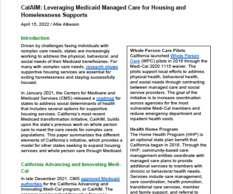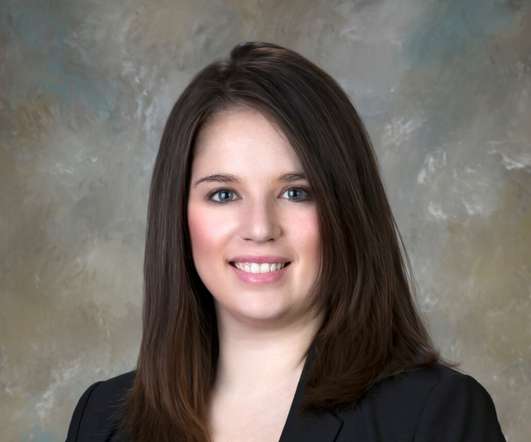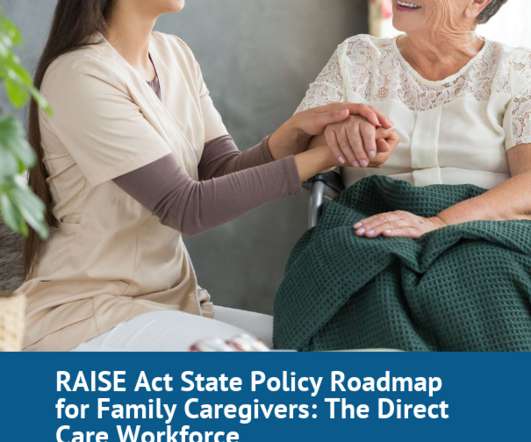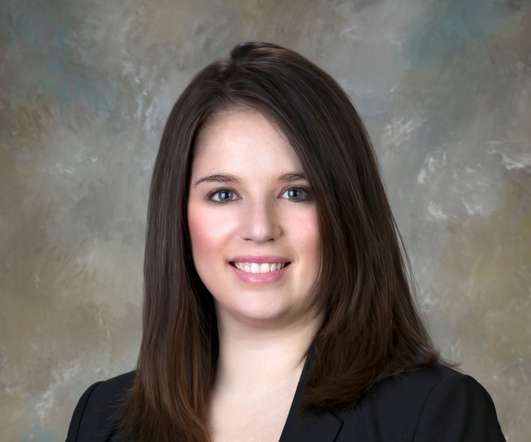CalAIM: Leveraging Medicaid Managed Care for Housing and Homelessness Supports
NASHP
APRIL 15, 2022
Individuals at risk for institutionalization who are eligible for long-term care services who, in the absence of services and supports, would otherwise require care for 90 consecutive days or more in an inpatient nursing facility. Nursing Home Residents Transitioning to the Community. e), as approved by CMS. Respite services.















Let's personalize your content